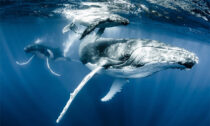
The images of sea life captured by photographer and cinematographer Shawn Heinrichs have a dual message: we should revere these majestic, yet fragile creatures, but we should also fear the prospect of their extinction.
Heinrichs, 50, grew up by the South African coast: “As a kid I spent every weekend around the oceans — it has more abundance than you could ever imagine,” he recalled. His protective instinct for life beneath the waves inspired a career investigating its mistreatment by humans and campaigning for change. By locating elusive whale sharks in Mexico’s Isla Mujeres, he heavily influenced local fishermen’s career transition to ecotourism.
Heinrichs then documented the widespread hunting of manta rays for their gills, which are used in traditional Chinese medicine, and h...
Read More

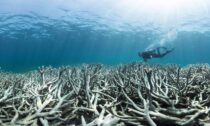


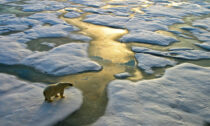

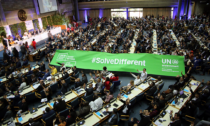
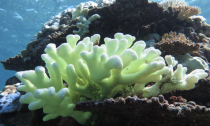



Social Profiles